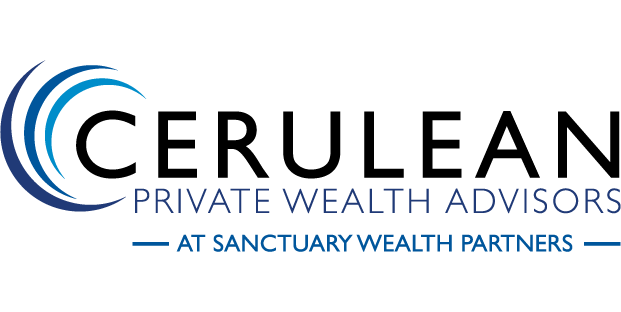May 17, 2018
INDIANAPOLIS — (BUSINESS WIRE) — May 17, 2018 — Jim Dickson, one of the most admired and successful leaders in the financial advisory industry, has announced the launch of Sanctuary Wealth, a new division of 110-year-old Noyes Group, LLC. Sanctuary, established as a compelling alternative to the traditional independent RIA model, offers accomplished Advisor teams the freedom to grow their practices free of wirehouse mandates, in control of their own success, and solely in the best interests of their clients. Presenting a distinct brand of partnered independence, Sanctuary offers Advisors comprehensive best-in-breed operational support, an expansive range of wealth management solutions for their high-net-worth clients, and a unique ownership opportunity with equity in Sanctuary and 100 percent ownership of their own practices.
Dickson’s extensive background in wealth management, and most recent experience managing a field force of thousands of brokers at Merrill Lynch, has equipped him with the insight and expertise to lead the country’s most successful Advisors serving the most sophisticated clientele, and to do so in a way that will shape the industry for decades to come. It has also equipped him to recognize the significance and potential that Sanctuary represents within the investment advisory arena. Dickson has joined as Sanctuary’s President and has taken a significant equity stake in Noyes. He has also agreed to assume the mantle of President of Noyes, overseeing all its affiliates, and has been appointed to the Board of Directors.
“Sanctuary Wealth will be shaped by Advisors for Advisors, providing a bespoke client experience,” says Dickson, President and Founder of Sanctuary. “Our select network of Advisors enjoys the advantages of ownership and autonomy while availing themselves of top notch resources that enable them to serve clients the way they’ve always dreamed: in their absolute best interest and with a comprehensive platform of world-class resources.”
Chris and Brian Cooke of Cooke Financial Group, Forbes’ 2018 Best-in-State Wealth Advisors for Indiana, also recent members of the Financial Times’ Top 400 Financial Advisors, and managers of more than $1.7 billion in assets under management, have also joined Sanctuary Wealth. After becoming affiliated with Noyes from Wells Fargo, the Cooke brothers have thrived in the partnered independence model.
“Joining Sanctuary is an incredible opportunity to take our practice even further,” says Chris Cooke. “Sanctuary offers us the freedom to run our practice in the way it’s already made us successful, while providing outstanding resources that will enable us to do even more for our valued clients in the future. As partners in Sanctuary, we are not only owners, we are also decision-makers with a true ‘seat at the table.’”
Partner-run and partner-led, Noyes’s Board of Directors includes client-facing Advisors whose collective voice helps shape the business. According to L.H. Bayley, Noyes’s Chairman of the Board, “When you join Sanctuary Wealth, you can be confident you are joining an exclusive firm of the most forward-thinking Advisors in the business.”
In full agreement, Dickson adds, “We are thrilled to open the doors to Sanctuary and its model of partnered independence. Our vision is to enable our elite network of Advisors to build the careers they’ve dreamed of with a true sense of entrepreneurship, transparency, and the highest levels of client service. We invite seasoned Advisors who might share our vision to learn more.”
About Sanctuary Wealth
Sanctuary Wealth brings together an elite group of wealth Advisors, selected for their experience, impressive compliance and performance records. These talented, highly experienced Advisors operate as fiduciaries, maintaining their clients’ best interests as their primary focus. Partnered independence ensures them comprehensive support in all aspects of serving clients and growing their businesses through affiliation with Noyes Group, LLC, a full-service investment firm headquartered in Chicago, with branches throughout the Midwest. Noyes, founded in 1908, is one of the oldest securities firms in Chicago. Through its subsidiaries, David A. Noyes & Company and Noyes Advisors, LLC, this employee-owned firm offers a comprehensive menu of products and services to individual and institutional clients.
Sanctuary Wealth
250 W 96th Street, Suite 300
Indianapolis, IN 46260
(833) 608-5514
(317) 975-7729
[email protected]
www.Sanctuarywp.com
View source version on businesswire.com: https://www.businesswire.com/news/home/20180517005845/en/
CONTACT: Westcott Associates Marketing & Media LLC
David C. Westcott, 914-672-0892
